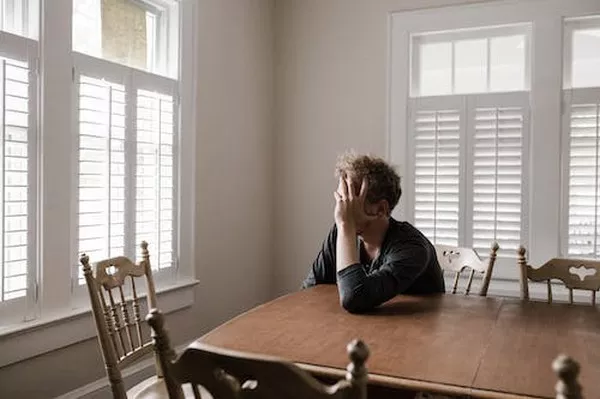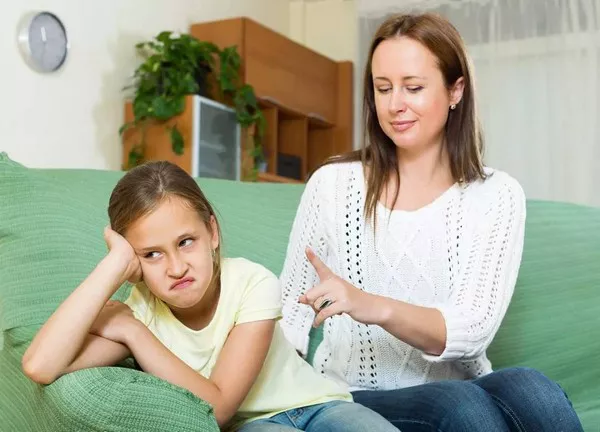St. Clairsville, OH – Ohio Governor Mike DeWine has announced a substantial boost in the fight against opioid addiction. The Ohio Department of Mental Health and Addiction Services will receive $100 million in grants to combat opioid addiction and prevent overdose deaths, with a significant portion designated for Eastern Ohio.
Governor DeWine expressed the need for continued efforts to combat opioid addiction, highlighting the progress made while acknowledging the work that remains. He emphasized that the funding would play a pivotal role in saving lives and strengthening communities.
The grant initiative, named the State Opioid and Stimulant Response, is set to allocate $668,678 to the Mental Health and Recovery Board of Belmont, Harrison, and Monroe Counties. The executive director of the Mental Health and Recovery Board, Lisa Ward, detailed that this funding aims to assist incarcerated individuals in Belmont, Harrison, and Monroe County jails who have previously battled opioid and stimulant use disorders.
This marks the third year of collaboration between the Mental Health and Recovery Board and local incarcerated individuals through this grant. Although the program initially focused on aiding those in Belmont County jails over the past two years, Ward expressed her intention to expand the program to offer greater support to Harrison and Monroe counties.
The program is focused on helping incarcerated individuals find housing and resources to facilitate a successful reintegration into their communities. Over the three years of its operation, the Mental Health and Recovery Board has partnered with Thrive, a peer support organization based in Solon, Ohio.
Ward stated, “We partnered with them to work in Belmont, Harrison, and Monroe county jails, engaging with inmates who are transitioning back to the community, providing support, and individual advocacy.”
While the program has steadily grown each year, it faced significant challenges during the COVID-19 pandemic. The response to these obstacles included a heavy reliance on telehealth services to ensure continued support.
Ward praised Thrive as a vital partner, highlighting their commitment to the cause despite the challenges faced during the pandemic’s initial years. She also pointed out that transportation barriers in the counties posed challenges for residents, but efforts were made to help Thrive navigate these issues and establish telehealth services within the jails. Since 2020, Thrive has expanded its services to include in-person outreach within the jails.
Crucially, all the staff at Thrive have personal experiences with recovery and past struggles with addiction or substance use disorders, giving them a deep understanding of the needs of the peers they assist. This lived experience plays a pivotal role in the effectiveness of their support.
Ward also commended Crossroads Counseling Services for their collaboration with incarcerated individuals. They refer many individuals to Thrive, allowing inmates to start their peer support journey before their release.
Over the years, the Mental Health and Recovery Board has received positive feedback from incarcerated individuals who have benefited from the program. Having a supportive presence and access to resources before re-entering the community has proven invaluable.
Ward expressed her hopes of further expanding the program in collaboration with Thrive, enhancing the vital support provided to those transitioning from incarceration to society. This grant brings new hope in the fight against opioid addiction and the ongoing effort to save lives.


























